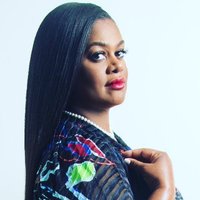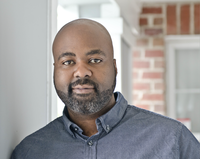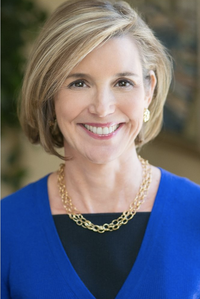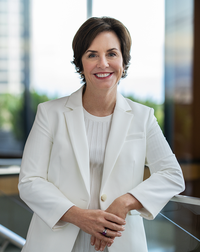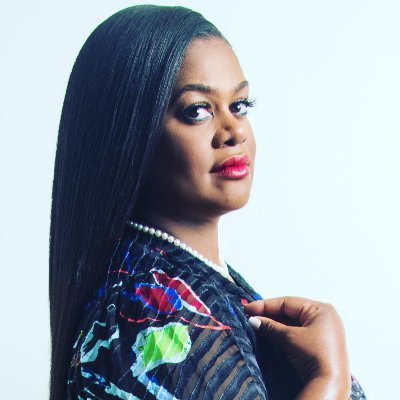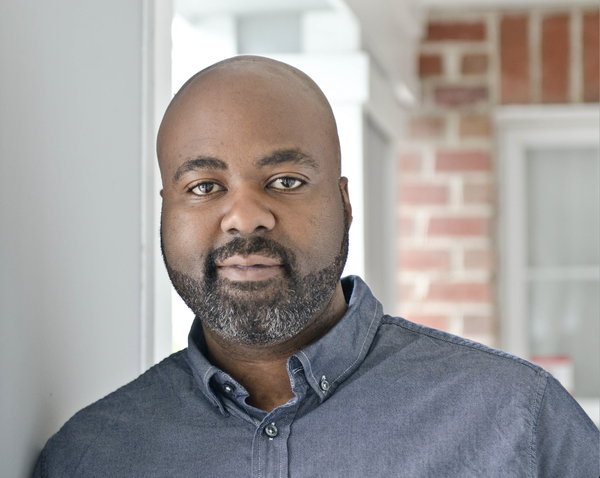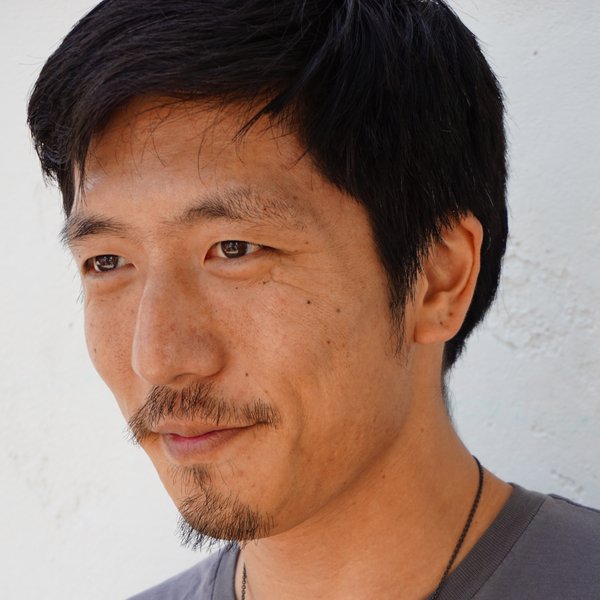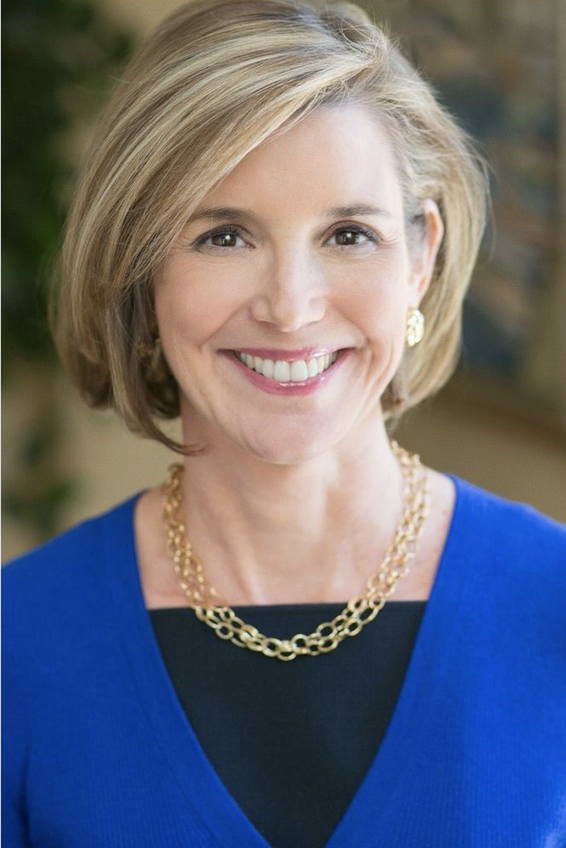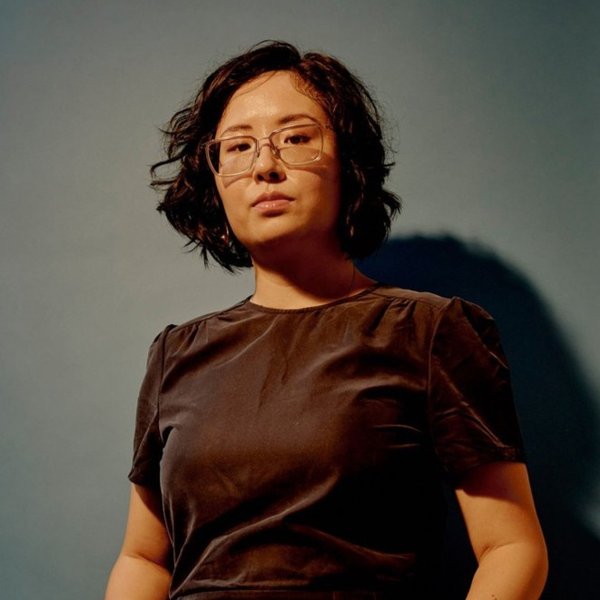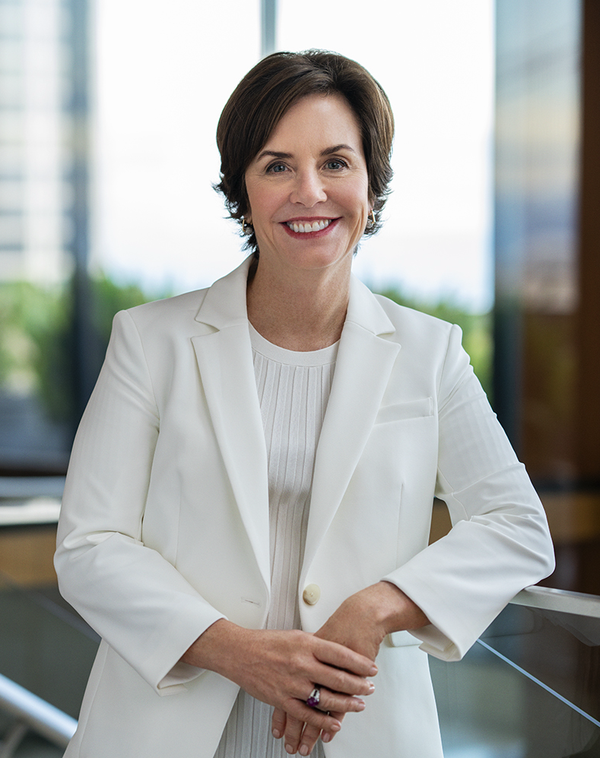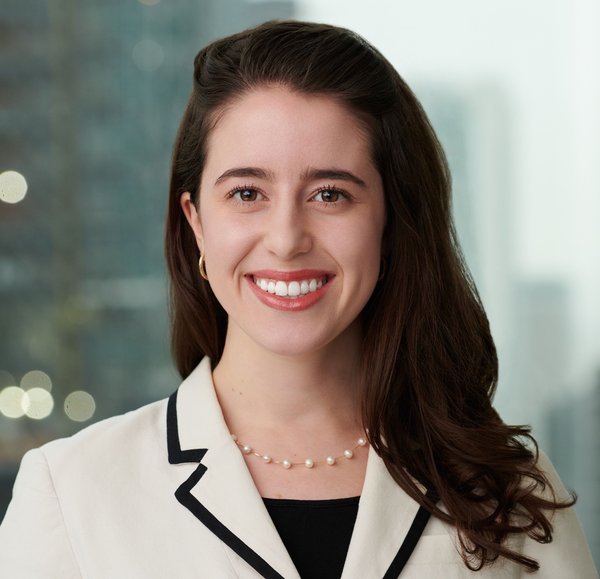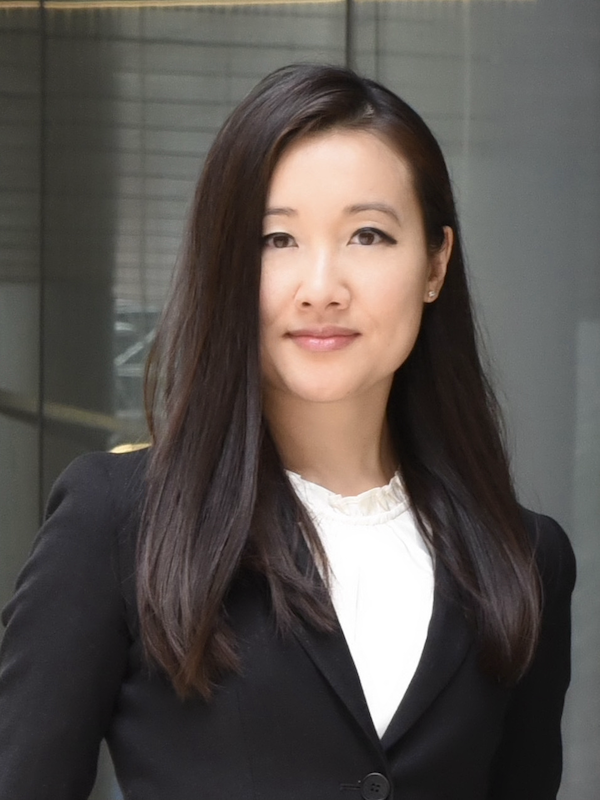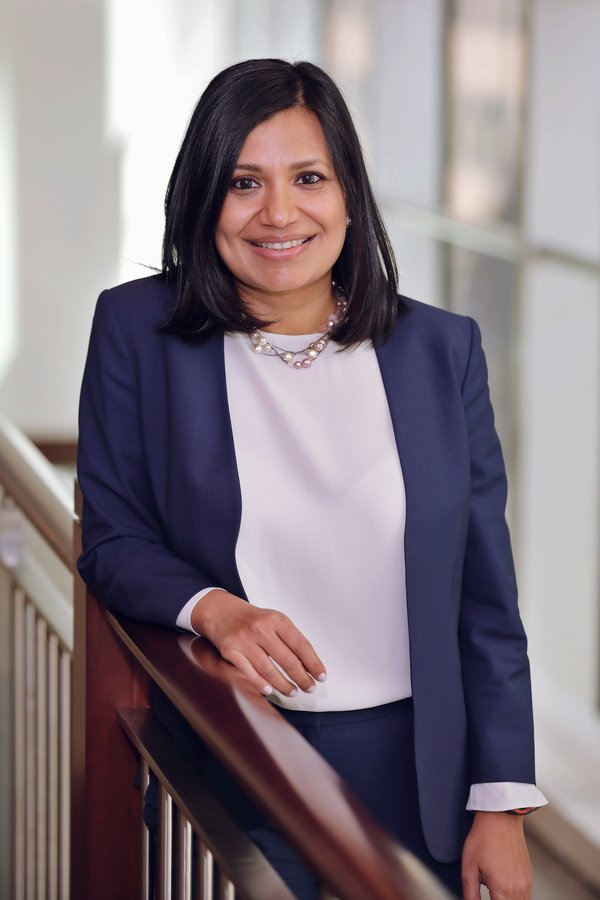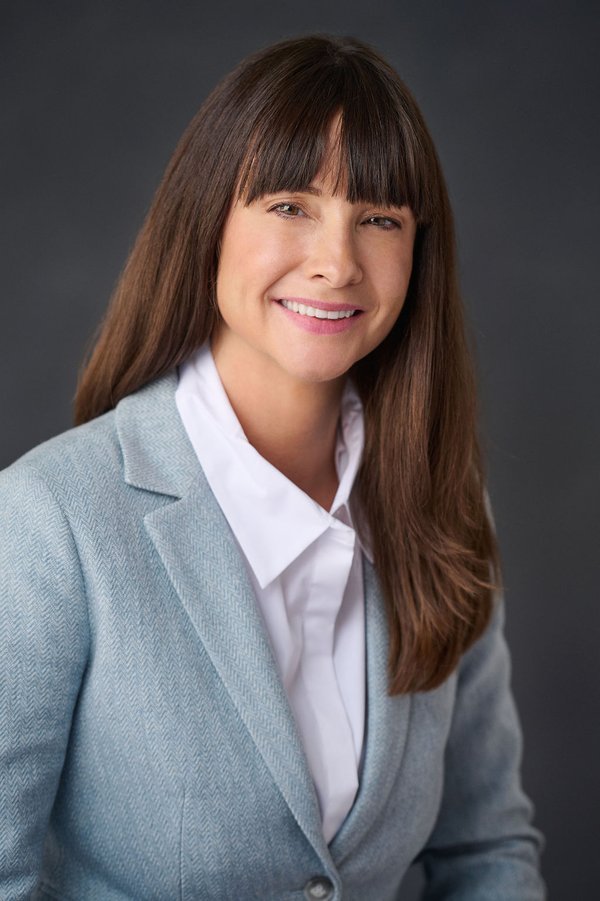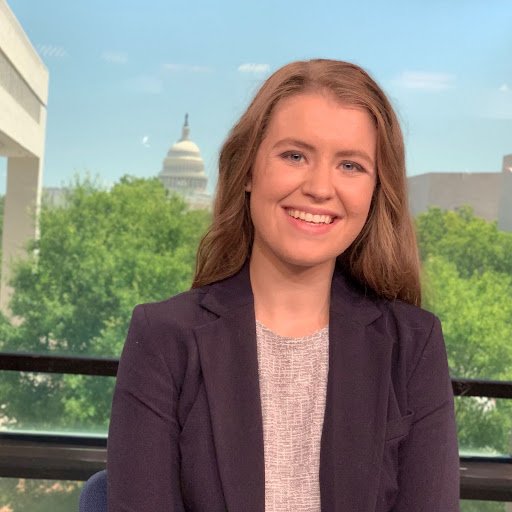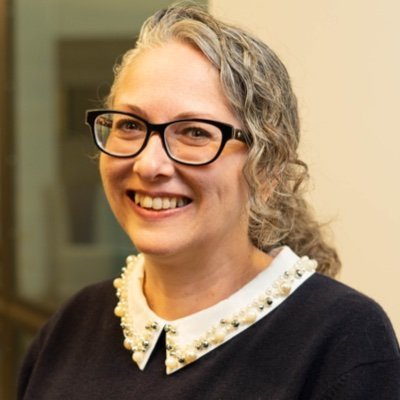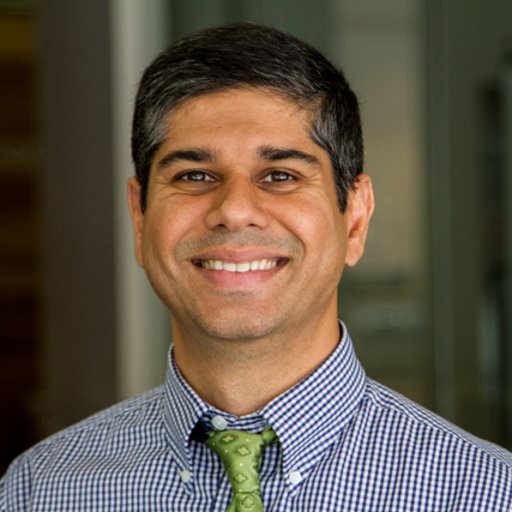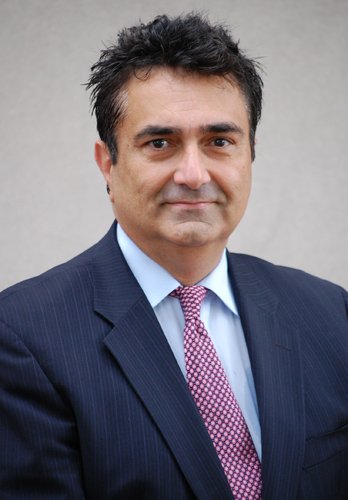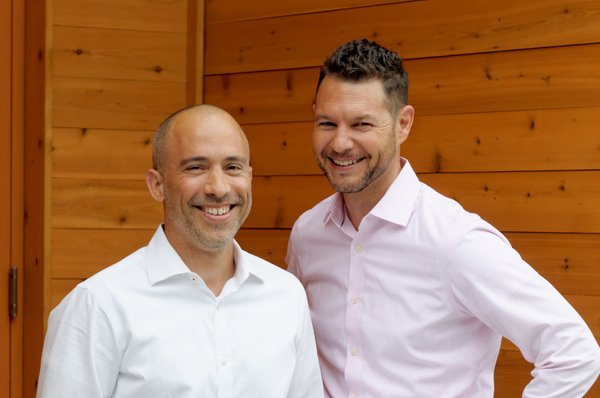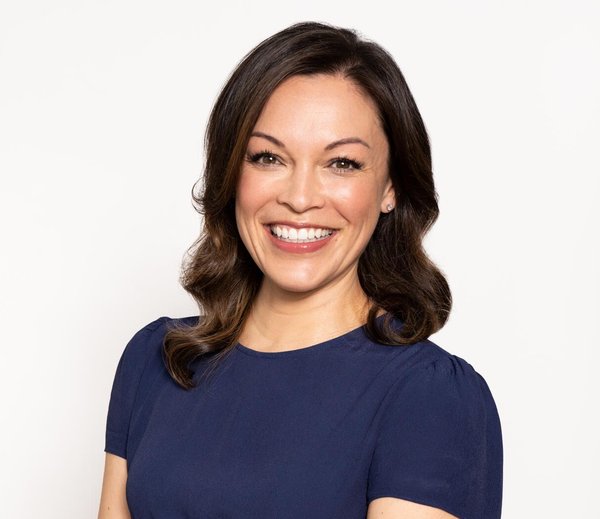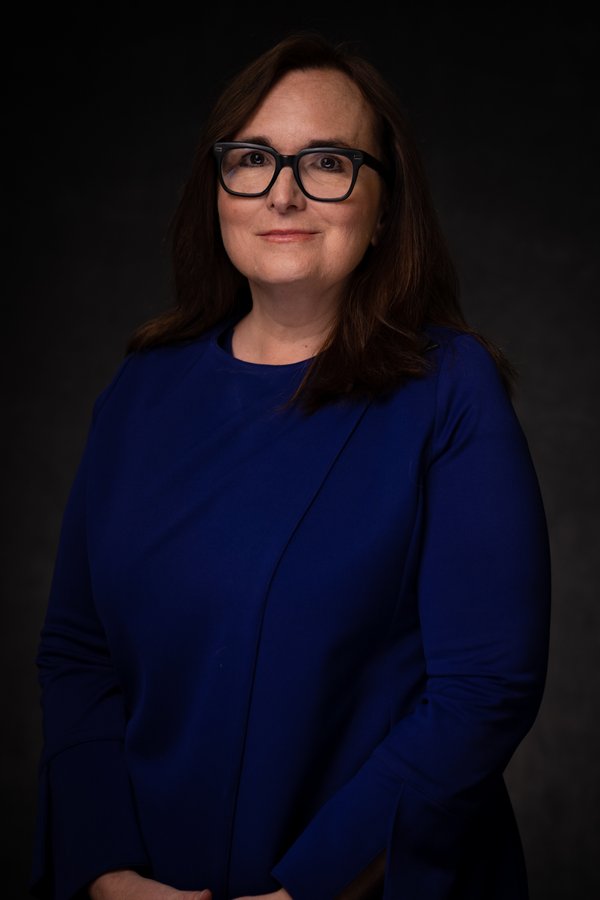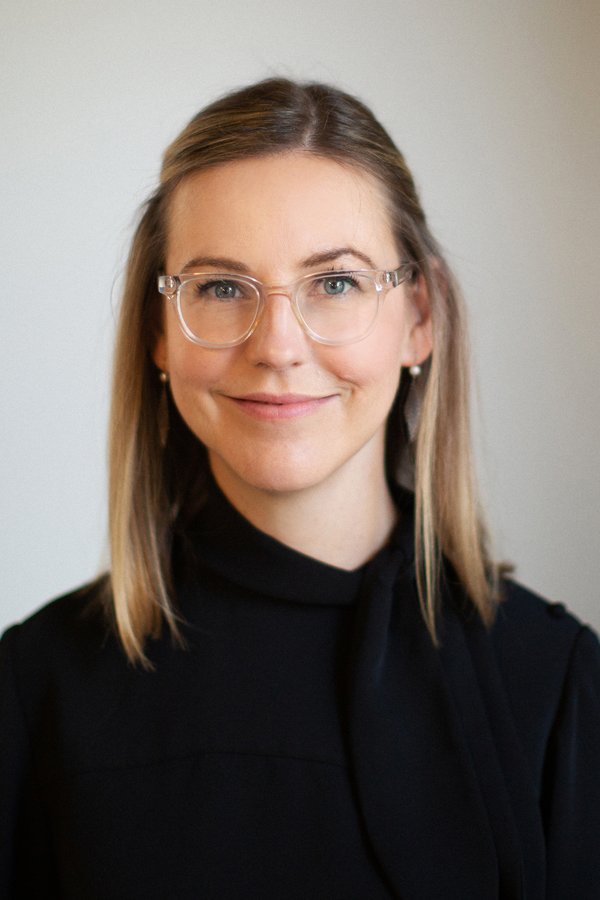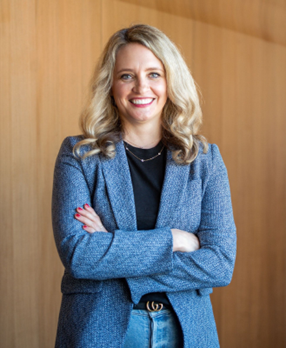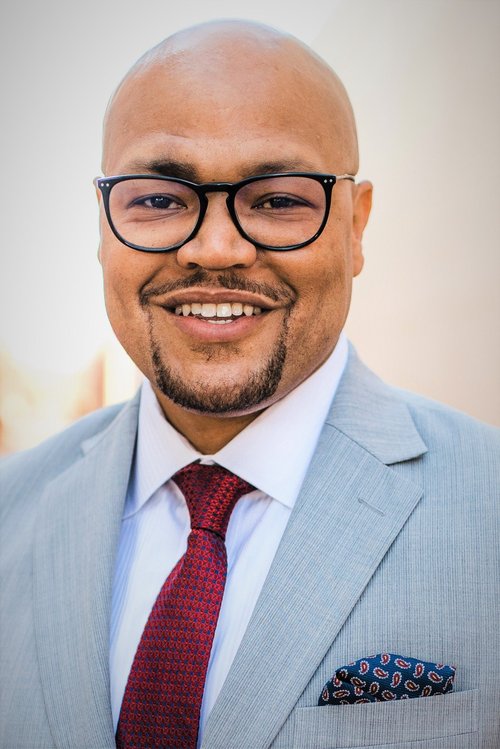
Preston is the founder and president of Concurrent Financial Planning and head of the Financial Planning Program at the University of Wisconsin-Green Bay. Preston empowers individuals to share stories that inform their financial resources and life’s design to achieve financial wellness. Preston has more than 15 years of financial services and academic experience, including financial planning, investment management, published research in top journals, and extensive leadership in the planning profession. He is an Investopedia 100 Top Financial Advisor, WealthManagement.com Ten to Watch in 2023, president of the Financial Therapy Association, practitioner editor of the Journal of Financial Planning, and board member of the FinServ Foundation. Preston is currently engaged, a cool uncle, writes poetry, and has a vinyl record collection.
Preston's Investing Style
How many years of investing experience do you have? 20+ years
What is your investing risk tolerance? Medium-High
What is your portfolio size? Less than 10 stocks
What are your favorite investing sectors? Information Technology
What makes that sector so interesting to you? Technology intrigues me because tech surrounds our daily human condition. Tech is how we communicate, innovate, entertain, bank, transact, behave, interact, transport, work, locate, compute, investigate, discover, and so much more.
When did you get started in investing and why?
My start in investing began with my first job as a teller while as an undergraduate in college. The job exposed me to employee benefits with a retirement plan consisting of mutual funds. I learned of mutual funds through a finance class in college, so the information was timely. Before college, my parents discussed placing money in a 401(k). However, the investment strategy conversations lacked depth. Over the years, our family grew up together regarding investment education. Thus the inspiration for my career choice in personal financial planning.
Can you tell us a little bit about your relationship with money at an early age?
Our family held money discussions during our childhood. My parents communicated with my sister and me when trial or triumph life events would affect the household and how those events would affect our household's money situation. These conversations helped prepare us emotionally and set expectations for near-term and future perceptions. The conversations also helped us better process and make decisions across many environments. I still utilize these influences in my life and money journey today.
With so many new or younger investors dipping their toes into investing, what's the best advice you have for someone who may be looking to start investing or who may be newer to the industry?
I would suggest younger investors temper their expected return expectations. With cryptocurrency and day-trading activities, some individuals have experienced outsized returns such as 30% to 300%. These returns are then normalized on social media and create a FOMO effect. These returns are outliers, are inconsistent, and can contribute to maladjusted investment return expectations and behavior practices. Pay close attention to your investing principles according to your life and financial goals and investigate your risk tolerance and risk capacity. Risk tolerance is risk willingness. Risk capacity is risk ability.
What advice would you give to a newer investor who may be experiencing market volatility for the first time?
Anxiety and worry during market volatility is valid for newer investors and investors in general. These feelings should be affirmed. That said, know that market volatility is a given and will pass with time. Over long time horizons, markets experience cycles. If investors have extended time horizons, possess the patience, practice commitment, and block out external noise, market volatility tends to "smooth out" and yield positive results over time. Not investing is probably a worse experience than experiencing market volatility if you are trying to reach life goals.
If you could go back in time and change one thing about your investing strategy, what would you change and why?
If I could go back in time, I would start investing earlier and increase the amount of investment and consistency. Many times during my 20s and early 30s, my investing consistency was erratic because of priority substitution. Investing earlier and often reduces the chance that a person makes an "or" lifestyle choice rather than an "and" choice.
